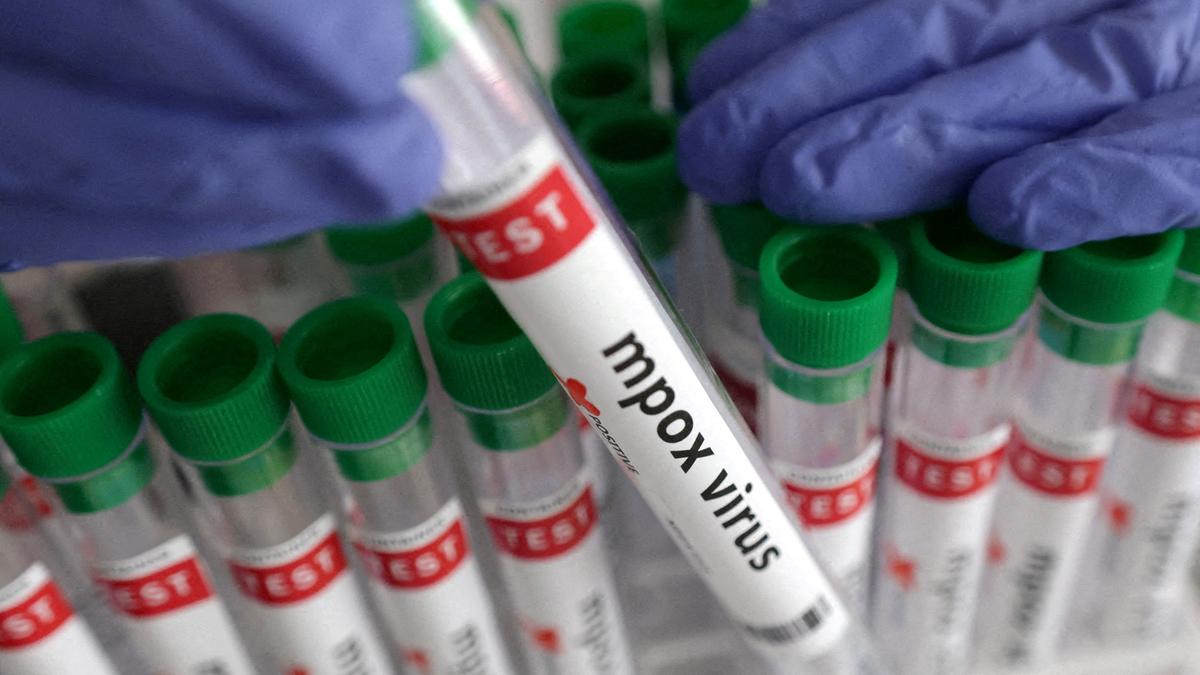The World Health Organization (WHO) has declared the ongoing Mpox outbreaks in Africa a global emergency, highlighting the urgency to contain the spread of this viral disease. While Mpox is related to smallpox, it typically causes milder symptoms. However, the recent surge in cases in Africa, particularly in Congo, demands immediate action to prevent further transmission and fatalities. This article explores the current state of the Mpox outbreak, the global response, and the challenges faced in combating this disease.
Mpox Outbreak in Africa: A Critical Situation
The recent Mpox outbreak in Africa has reached alarming proportions, with Congo recording over 18,000 suspected cases and 629 deaths. The spread of the disease has been largely unnoticed for years, with the identification of a new, potentially more transmissible version of Mpox in Congo further escalating concerns. This new strain, discovered in May, underscores the need for a comprehensive understanding of the virus’s evolution and transmission dynamics.
A Growing Concern: The Emergence of a New Strain
The emergence of the new Mpox strain in Congo is a significant development in the current outbreak. While the symptoms are similar to the traditional form, scientists are concerned about its potential for increased transmissibility. This could complicate containment efforts and require a reassessment of existing mitigation strategies. The lack of comprehensive data on the new strain’s characteristics further underscores the urgent need for robust surveillance and research initiatives.
Global Response and the Challenges Ahead
Recognizing the severity of the outbreak, WHO declared the Mpox outbreaks in Africa a global health emergency, calling for a coordinated international response. The agency has committed to delivering 230,000 vaccines to Congo and other affected countries. However, this supply is still significantly short of the estimated 380,000 doses required to effectively control the outbreaks.
Limited Vaccine Access and the Need for Accelerated Response
The limited availability of vaccines is a major obstacle to containing the Mpox outbreaks. While donors like the US and the European Union have pledged vaccine supplies, the allocated amount remains inadequate. The current shortage highlights the importance of prioritizing equitable vaccine distribution and ensuring timely access for countries most affected by the outbreaks. This situation necessitates a more comprehensive global strategy for vaccine procurement and allocation, ensuring a fair and effective distribution system.
The Role of Education and Awareness Campaigns
Alongside vaccine deployment, WHO is emphasizing the crucial role of education and awareness campaigns in preventing further spread. Public health initiatives aimed at raising awareness about Mpox transmission, symptoms, and preventive measures are vital in mitigating the outbreaks. By empowering communities with knowledge, these campaigns can help individuals adopt protective measures and contribute to the broader containment effort.
Addressing Knowledge Gaps for Effective Control
Scientists emphasize the need for a deeper understanding of Mpox transmission dynamics in Africa to develop more targeted and effective interventions. The limited knowledge about the virus’s behavior within specific communities hinders the design of optimal prevention and treatment strategies. Further research, particularly focusing on the new Mpox strain in Congo, is essential to inform effective containment strategies.
Research Initiatives for Comprehensive Understanding
To develop effective and sustainable strategies for combatting the Mpox outbreak, research remains paramount. Addressing knowledge gaps surrounding the virus’s evolution, transmission, and pathogenesis is essential for guiding interventions. Continued collaboration among international research teams and local communities is crucial in driving these research efforts.
Takeaways
The Mpox outbreak in Africa presents a complex challenge with far-reaching implications. While the WHO’s efforts to expedite vaccine access and enhance public awareness are commendable, significant challenges remain. The limited availability of vaccines, the need for a more comprehensive understanding of the new Mpox strain, and the ongoing gaps in surveillance require a multifaceted approach to address this global health emergency.
Urgent Action Needed
Confronting this global health emergency necessitates a collaborative, multi-sectoral approach. Governments, international organizations, and researchers must work in tandem to accelerate vaccine production, ensure equitable distribution, and foster robust surveillance systems. Public awareness campaigns aimed at educating communities about the disease and its transmission are essential. The need for greater research into the new Mpox strain in Congo cannot be overstated, as this knowledge is vital for guiding effective containment efforts.









